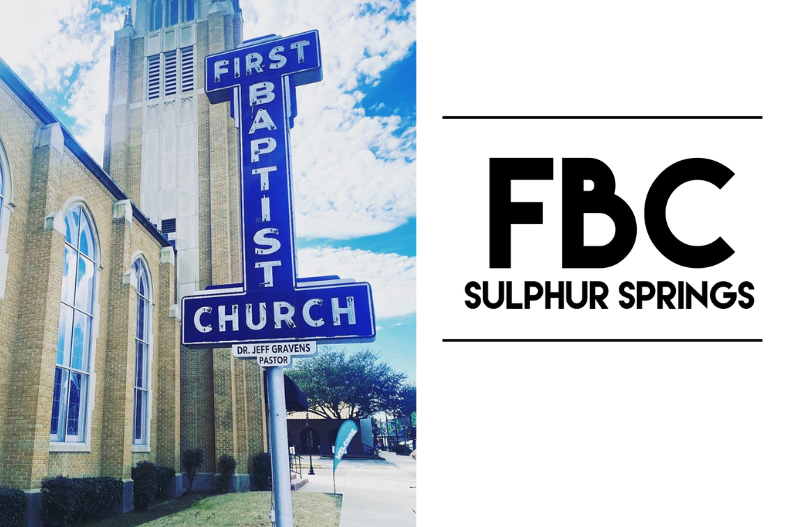Views: 1,631
Personality inventories are helpful tools that allow leaders to categorize people based on their answers to questions concerning their behavior and decision-making processes. They are especially helpful for those working closely in teams, allowing them to foster healthy relationships and mitigate conflict.
There have been a lot of personality inventories used over time. There’s the Myers-Briggs Type Indicator, the DISC assessment, StrengthsFinder, the Winslow Personality Profile, and even the Holtzman Inkblot Technique. In more recent years, however, an unusually ancient tool has garnered a lot of attention and is being lauded as “the next best thing” by some church leaders and development experts: The Enneagram.
Through self-discovery, the Enneagram seeks to help people understand which of 9 personality types they most deeply resonate with.
Read More:
As listed on the Enneagram Institute’s website, the nine types include:
- One: The Reformer is principled, purposeful, self-controlled, and perfectionistic.
- Two: The Helper is generous, demonstrative, people-pleasing, and possessive.
- Three: The Achiever is adaptable, excelling, driven and image-conscious.
- Four: The Individualist is expressive, dramatic, self-absorbed, and temperamental.
- Five: The Investigator is perceptive, innovative, secretive, and isolated.
- Six: The Loyalist is engaging, responsible, anxious, and suspicious.
- Seven: The Enthusiast is spontaneous, versatile, acquisitive, and scattered.
- Eight: The Challenger is self-confident, decisive, willful, and confrontational.
- Nine: The Peacemaker is receptive, reassuring, complacent, and resigned.
So, is the Enneagram right for you and your church? Here are some Pros and Cons to consider.
Who should use it in my church?
PRO: People of all ages can benefit from the use of the Enneagram. It may benefit people to answer the Enneagrams inventory questions during different seasons and stages of their life. People may resonate with one personality type during their 20s, but through growth, transition into another category later in life. This is all a part of God’s work in our lives, and it should be an encouragement to people to see who we are in times of strength and in times of struggle. The focus is on maximizing how God can use us as who we are and not on promoting change or growth before we can be servants for God’s Kingdom. CON: The Enneagram counts on people being incredibly self-aware in order for them to most effective in aligning themselves with the “correct” personality type. Some people may be prone to choosing the type they would like others to think they are, rather than what God has truly created them to be. Some less than accurate typing may therefore occur.How can it help my church?
PRO: Using the Enneagram inventory can become a part of the church’s profile on its members in any database program. REALM’s ® Individual and Family Profiles function was created for something like this. Retaining a church member’s Enneagram profile can help ministry leaders know who might fit service projects well or who might be able to help best when specific needs arise. It will also help church leaders know their congregation members more deeply and understand people’s hearts on a deeper level. This will build trust and credibility and can help grow the relationships that are being fostered through services, programming, and small group interactions all throughout the week. CON: Recording a church member’s Enneagram results in the church database may be helpful for a season, but it may also “pigeon hole” them into one particular ministry and not allow them to explore other ministries that pique their interest. Keep in mind, the Enneagram morphs and adjusts as people mature and grow. Data collected could become out of date and less accurate.What resources will I need?
PRO: There are a wide variety of free, online Enneagram assessments available for anyone to take. Some are lengthier and more in-depth than others, but all will give a sufficient result. Many people, however, prefer to read books about the Enneagram. Through a process of self-discovery and self-evaluation, choose the personality type with which they most resonate. This is also valid. There are a wide variety of books to read that will give helpful insight. Several organizations offer retreats or institute studies regarding the Enneagram and its use for individuals for those who are interested in a deep dive. CON: The free assessments do not deliver consistent results, mainly because they are based on self-discovery and self-awareness. Since there is no psychological basis behind the tests, there can be confusion with conflicting results. Additionally, the free resources and self-study of books can bring church members only so far. For an in-depth study, the use of retreat centers or hiring of consultants may be necessary, thereby increasing the costs of using this tool for maximum benefit.Conclusion?
While the Enneagram is less of a psychological test and more of a self-led exploration, it can be a useful tool in the toolbox of church leaders who are seeking to understand their congregation. The Enneagram allows people to learn about themselves, see how they were created, and determine how God is working in their lives. The empowerment will help propel your church forward to greater Kingdom service.Read More:




